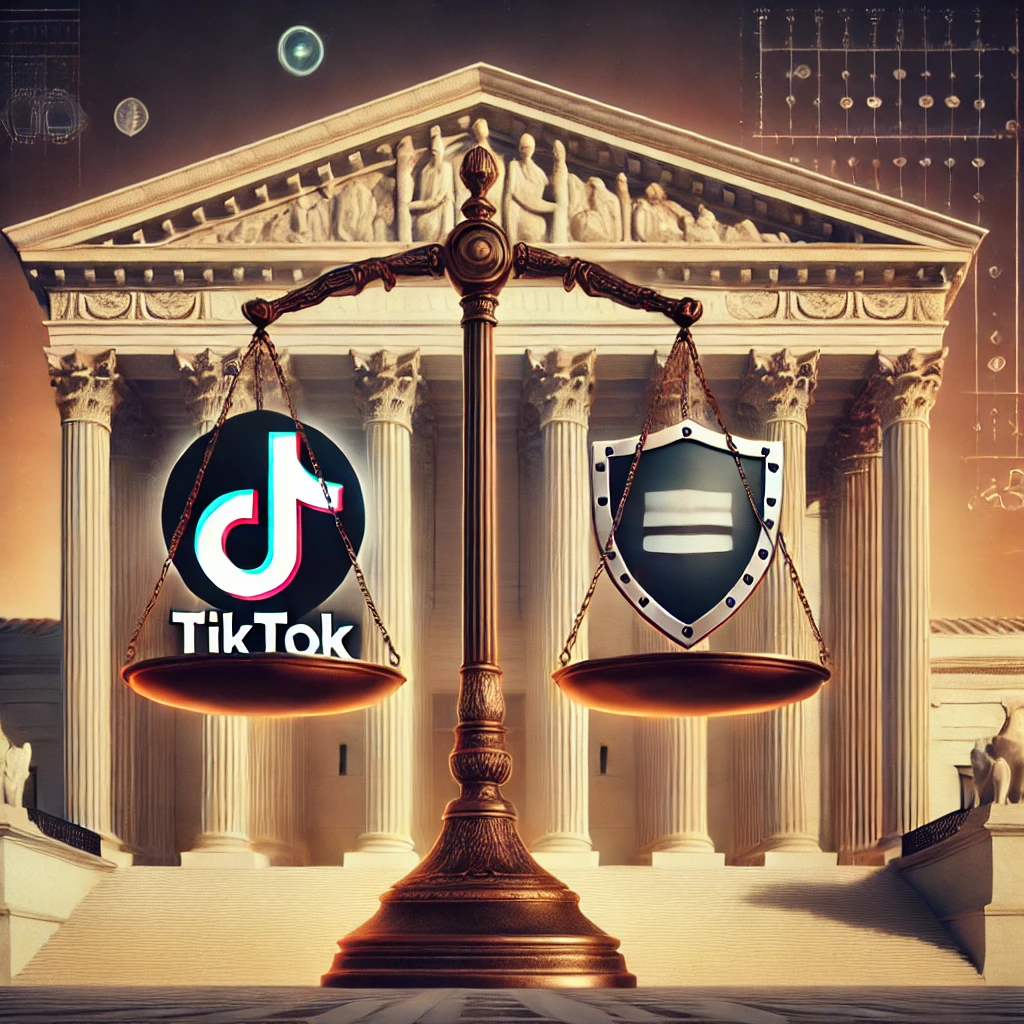AT&T, Verizon, and T-Mobile Hit With $8 Billion Lawsuit Over Selling Customer Location Data
Three of the largest telecom companies in America — AT&T, Verizon, and T-Mobile — are now facing an $8 billion lawsuit that could redefine what privacy means in the digital age. The lawsuit, filed by a coalition of plaintiffs from multiple states, alleges that these companies secretly sold customers’ real-time location data to third parties without consent. And the result, they claim, has been dangerous, even life-threatening.
What happens when your phone becomes a tracking device without your knowledge? According to the complaint, telecom giants profited by giving access to private customer location data — often down to the street corner — to bounty hunters, marketers, and surveillance firms. In some cases, the data allegedly ended up in the hands of stalkers and abusers. Victims say they never agreed to this. The carriers say otherwise.
The Federal Communications Commission (FCC) already fined these companies a combined $200 million in 2020 for similar behavior, but this new legal action goes even further. It doesn’t just seek financial penalties — it demands real accountability. Plaintiffs want the telecoms to admit wrongdoing and fund efforts to protect users from ongoing data abuse. This is about more than money. It’s about restoring public trust in an industry that many feel has quietly crossed a line.
How could this happen under existing privacy laws? That question is now front and center. Telecom companies are required by law to protect customer data — including location — under the federal Communications Act. But critics say the rules are outdated and easily bypassed through vague user agreements and third-party loopholes. According to internal reports cited in the case, some companies allowed vendors to access location data with little oversight, even after executives were warned about the risks.
The telecoms have denied any current wrongdoing. They claim any past issues have been addressed, and that consumers now have tools to opt out of data sharing. But those suing say that’s not enough. Many users were unaware their data was ever collected in the first place — let alone sold. The complaint outlines specific cases where individuals were targeted or harmed after their phone location was obtained by third parties. These aren’t abstract fears. They’re real events.
Should companies be able to profit off your physical movements? The heart of the lawsuit asks this question directly. Plaintiffs argue that location data is deeply personal — and that selling it without clear consent violates not only federal law but basic human dignity. This lawsuit is a test of whether privacy still has meaning in a time when every click, call, and movement can be monetized.
What happens next could shape how tech and telecom firms operate for years. If the plaintiffs win, companies might face stricter rules around consent, auditing, and transparency. That could mean rewriting how user data is handled across the board — not just by telecoms, but by every business that collects it.
And what does this mean for the average person? The lawsuit is a reminder that even your quietest moments — walking your dog, visiting your doctor, or taking your child to school — may not be as private as you think. If this case succeeds, it could bring long-overdue limits on how far corporate surveillance can reach into our daily lives.
In a world where data is currency, the question becomes: Who owns your location? And who pays the price when that line is crossed?




